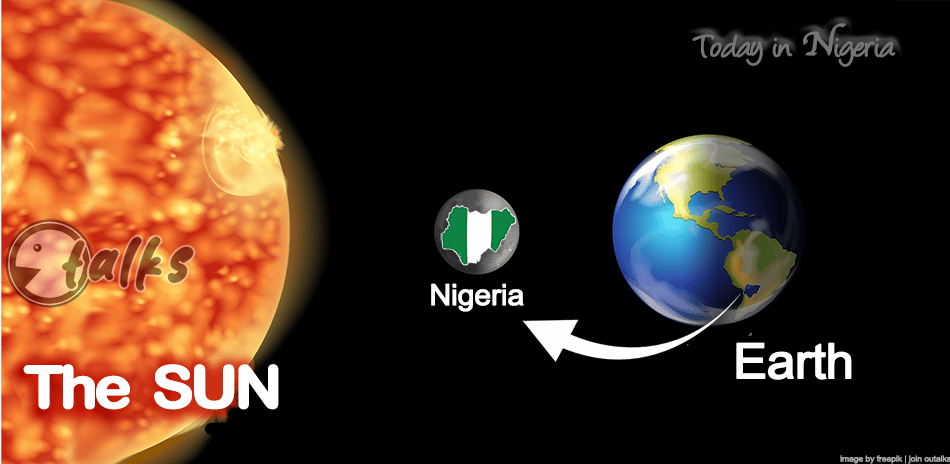Reasons for the extreme heat in Nigeria

Curious about why your surroundings feel like a sauna? The answer lies in the intricate dance of various factors that contribute to a hot climate. From geographical features to atmospheric conditions, let's unravel the reasons behind the scorching temperatures in your locale.
Latitude and Sun Angle:
One of the key factors determining a region's climate is its distance from the equator .
Areas closer to the equator receive more direct sunlight throughout the year, resulting in higher temperatures. The sun's rays strike these regions more intensely, leading to prolonged periods of heat.
Geographical Features:
The geographical characteristics of a location, such as its elevation and proximity to large bodies of water, play a crucial role in determining its climate. Low-lying areas and regions surrounded by land may experience more extreme temperatures due to limited moderating effects from water bodies.
ALSO READ : Types of Nigeria International passports
Proximity to Water Bodies:
Living near large water bodies, such as oceans or seas, can either moderate or intensify temperatures. Water has a high heat capacity, meaning it heats up and cools down more slowly than land.
Coastal areas often experience milder temperatures due to the moderating influence of water, while inland locations may witness more extreme heat fluctuations.
Urban Heat Effect (i.e Over-population) :
Human activities, particularly in densely populated urban areas ( like Lagos ), can contribute to localized temperature spikes known as the urban heat island effect.
Concrete, asphalt, and buildings absorb and re-radiate heat, leading to higher temperatures than surrounding rural areas. Urban planning, green spaces, and reflective materials can mitigate this effect.
Please 🙏 like and share my post 🫶
#Nigeria heat




